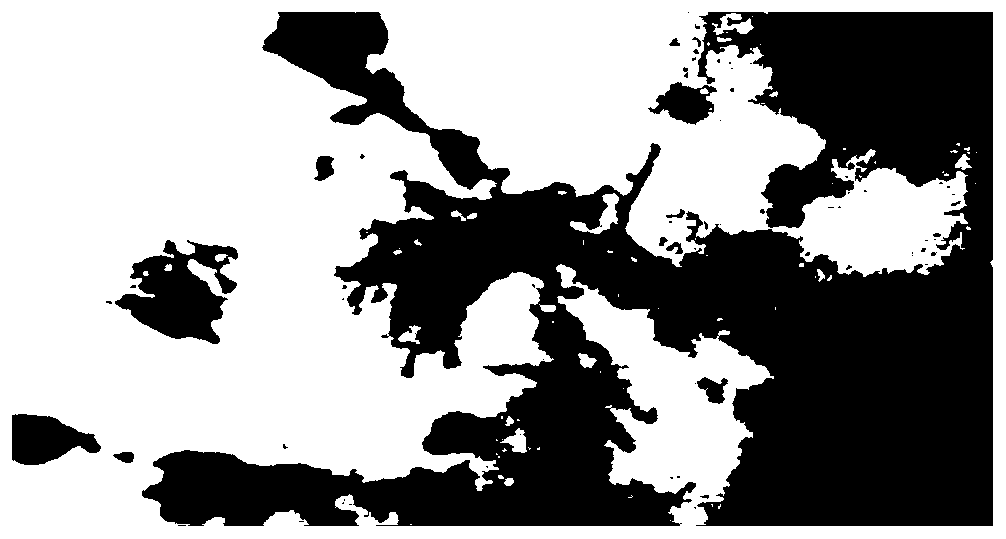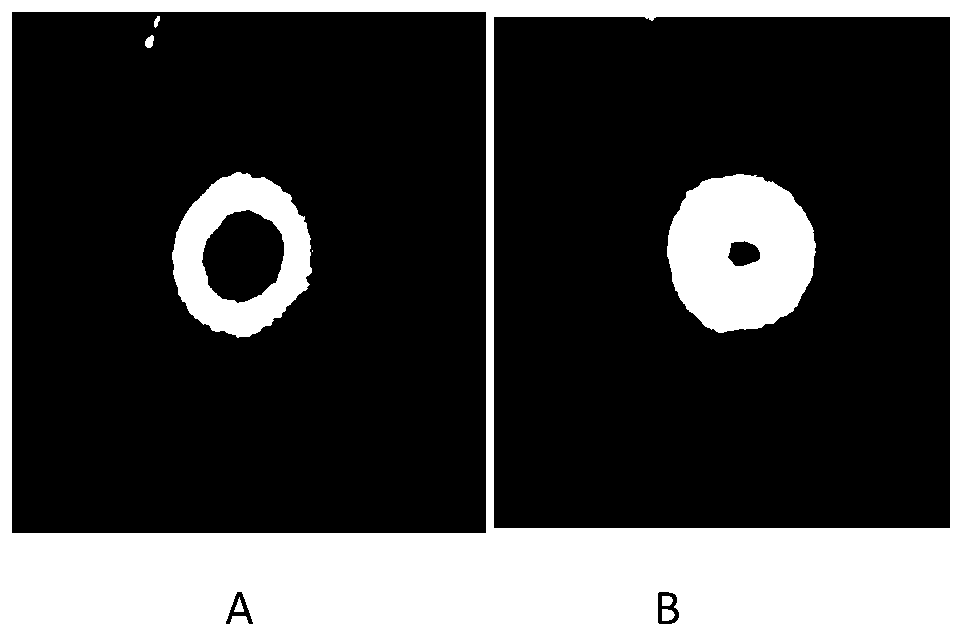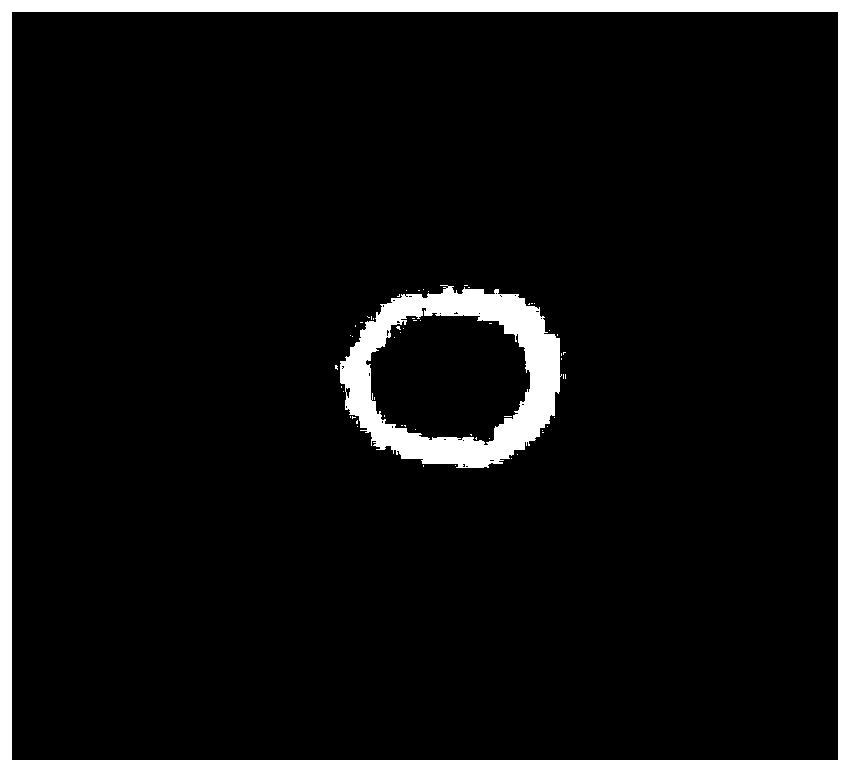2017-M2 bacterial strain containing mannanase gene
A 2017-M2, mannanase technology, which is applied in glycosylase, genetic engineering, plant genetic improvement, etc., can solve the problem that the type and quantity of mannanase strains cannot meet the needs of natural red pigment producing bacteria resources and other problems to achieve the effect of low requirements for culture conditions and fast growth
- Summary
- Abstract
- Description
- Claims
- Application Information
AI Technical Summary
Problems solved by technology
Method used
Image
Examples
Embodiment 1
[0041] Example 1 Isolation, screening and identification of Talaromyces atroroseus 2017-M2 strain
[0042] 1. Isolation of Talaromyces atroroseus 2017-M2 strain
[0043] (1) Talaromyces atroroseus 2017-M2 strain was isolated from the soil 5 cm below the ground in Tangxun Lake area, Jiangxia District, Wuhan City, Hubei Province, where Wuhan Institute of Design and Engineering is located in Wuhan City, Hubei Province. The specific steps are as follows: take 10 g of soil, dilute it 10 times with 90 mL of sterile water, shake well, clarify, and then continue to dilute to 1000 times; take 0.1 mL of the 1000-fold dilution and spread it on a Martin Bengal red solid plate, cultivate for 3 days, The culture was continued at room temperature until the 7th day, and the growth of the colonies in the petri dish and the production of water-soluble red pigment in the medium were observed. Pick Penicillium-like colonies that produce red pigment. Pure cultures were streaked in Gaw's No. 1 so...
Embodiment 2
[0053] Example 2 Application of Talaromyces atroroseus2017-M2 strain fermentation production and extraction of red pigment
[0054] In this example, the Talaromyces atroroseus 2017-M2 strain was inoculated into a fermentation medium (a 500mL conical flask was filled with 100mL fermentation medium), and the fermentation medium was a PDA liquid medium: peeled potatoes 200g to 30min, take 1000mL of potato juice, add Glucose 20g, packaged and sterilized, pH 7.0, cultured at 30°C, 200rpm shaker for 5d-7d. Bacterial liquid was centrifuged at 8000rpm and 10min to obtain fermentation broth, and sterilized by bacterial filter filtration, and the obtained filtrate was the crude extract of red pigment. The crude extract of red pigment was placed in a rotary evaporator at 70°C for vacuum concentration until it became a paste, and the obtained product was the crude extract of red pigment.
[0055] The obtained red pigment crude extract was dissolved in the same amount of distilled water a...
Embodiment 3
[0059] Example 3 Identification of cellulase produced by Talaromyces atroroseus 2017-M2 strain
[0060] Pick the strains and spot them on the cellulose identification medium with a toothpick, incubate at 28°C for 5-7 days, cover the medium with 1 mg / ml Congo red solution for 15 minutes, pour off the Congo red solution, and wash with 1 mol / L NaCl solution The Congo red solution was removed for 15 minutes, the NaCl solution was poured out, and a transparent circle was observed, indicating that the Talaromyces atroroseus 2017-M2 strain had the ability to produce cellulase.
PUM
 Login to View More
Login to View More Abstract
Description
Claims
Application Information
 Login to View More
Login to View More - R&D
- Intellectual Property
- Life Sciences
- Materials
- Tech Scout
- Unparalleled Data Quality
- Higher Quality Content
- 60% Fewer Hallucinations
Browse by: Latest US Patents, China's latest patents, Technical Efficacy Thesaurus, Application Domain, Technology Topic, Popular Technical Reports.
© 2025 PatSnap. All rights reserved.Legal|Privacy policy|Modern Slavery Act Transparency Statement|Sitemap|About US| Contact US: help@patsnap.com



